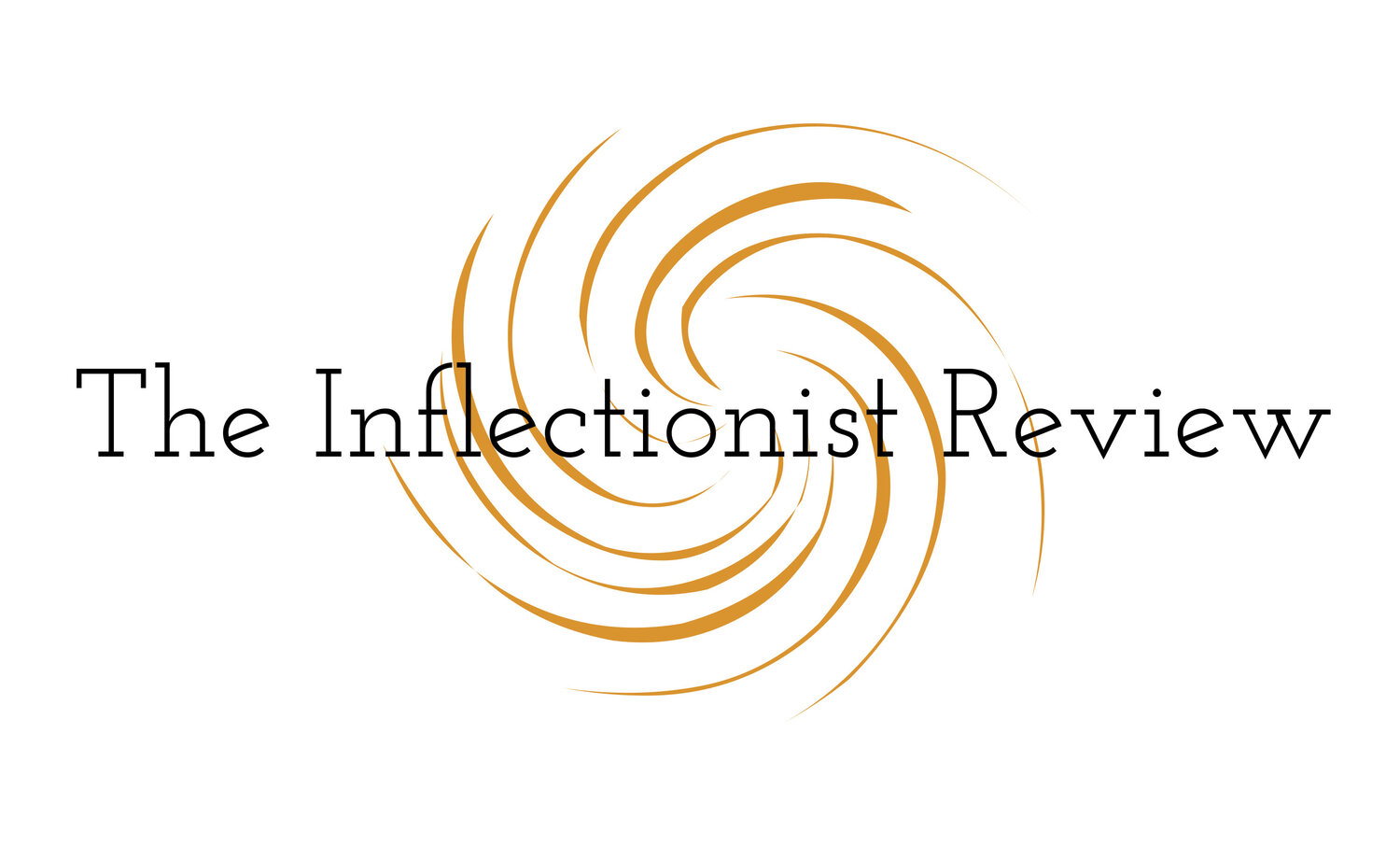Lisa Boylan reviews
Girl at the End of the World
by Erin Carlyle
Girl at the End of the World
by Erin Carlyle
Driftwood Press
September 2024
Paperback, 79 pages
ISBN: 978-1949065336
$15.99
Girl at the End of the World, a collection of poetry by Erin Carlyle, plunges the reader into the depths of memory, trauma, and the search for identity. Each poem serves as a poignant vignette, exploring themes of opioid addiction, childhood, familial relationships, broader environmental grief, and the struggle for survival. Carlyle skillfully captures the disorienting experience of losing a complicated father to addiction while the world itself seems to be unraveling.
The poem, “Baby Siren,” sets the tone for the collection with its vivid imagery and intense emotional undercurrents.
The narrator’s struggle to stay afloat in a motel pool while a mysterious girl pulls her down serves as a metaphor for the fight against life’s overwhelming forces.
I force my arms out wide breaking her embrace / no longer her prisoner / and when I rise
to light, finally head above / the water, I see my father is nowhere. (p. 8)
Her father’s indifferent presence, contrasted with her desperate struggle, underscores a recurring theme in the collection: the sense of abandonment and the desperate need for parental support.
In “The Hard Things That Pulled Us Apart,” Carlyle contrasts personal history with Bruce Springsteen’s “Nebraska,” creating a haunting reflection on impermanence and loss. The narrator’s recollection of a transient childhood, marked by fear and instability, captures the reader’s heart. The blue shotgun house, with its large windows and heavy curtains, becomes a symbol of the fragile barrier between safety and danger, reality and nightmare. The mother's insistence on keeping the dust away feels like a futile attempt to ward off the encroaching darkness.
“Opioid Crisis” delves into the brutal reality of addiction and its devastating impact on families. Carlyle’s candid portrayal of a father succumbing to addiction, leaving behind a legacy of pain and poverty, is both heartbreaking and revealing. The imagery of foam on his lips and the comparison to a green mucky creek highlight the dehumanizing effect of substance abuse. The narrator’s longing to return to a time before addiction shattered their lives is a poignant reminder of lost innocence and unfulfilled potential.
I wanted to go / again to the old / water—little fish swimming / back to the beginning, /
emerge human / and grab / grab my mother and brothers, / and daddy, and pull them out
to the cold earth (p. 17)
“Every House I Lived” is a testament to the enduring scars of a tumultuous upbringing. The poet skillfully uses sensory details to evoke a sense of entrapment and despair. The scene of the narrator sitting cross-legged, reading a magazine by candlelight, while the house around her creaks and groans, captures the eerie stillness of childhood fears.
The depiction of parental neglect, symbolized by a mother collapsing from a seizure and a shirtless father baring his chest scar, is both unsettling and deeply moving. The recurrent imagery of pills underscores the pervasive presence of addiction and its insidious grip on the family.
Girl at the End of the World is a compelling and unflinching exploration of the human condition. The poet’s ability to weave together personal and universal themes with such precision and emotional depth is remarkable. The collection’s strength lies in its stark honesty and the courage to confront uncomfortable truths. Each poem is a testament to resilience and the relentless quest for meaning amid chaos.
The collection is a must-read for those who appreciate poetry that does not shy away from the dark corners of human experience. It is a haunting reflection on memory and despair that resonates with the reader long after the last page.
The reviewer, Lisa Boylan, has published fiction in several journals, including Red Rock Review, The Chattahoochee Review, Gargoyle (Issues 43 & 66), and two anthologies of Washington, DC, women writers, Grace in Love and Enhanced Gravity. Her work has been nominated for a Pushcart Prize. A native of Washington, DC, she served in the Peace Corps in Uzbekistan.
Erin Carlyle’s first love is poetry, but she also enjoys film and music, and is an avid record collector. She teaches English at Georgia State University where she is also pursuing her PhD in Creative Writing. She lives in Atlanta, GA with her husband, two cats, and one dog

